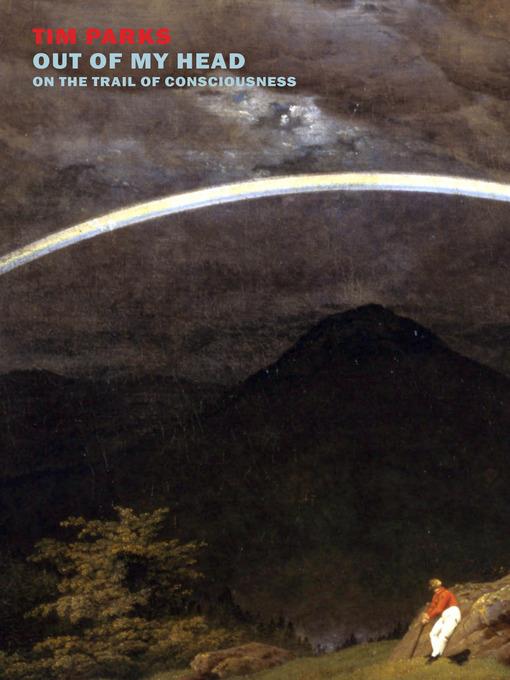
Out of My Head
On the Trail of Consciousness
کتاب های مرتبط
- اطلاعات
- نقد و بررسی
- دیدگاه کاربران
نقد و بررسی

September 1, 2019
What accounts for our experience of reality? British novelist and nonfiction writer Parks (In Extremis, 2017, etc.) turns his attention from Italy, the cherished landscape he has evoked in several previous books, to Heidelberg, Germany, where he journeys into the dazzling, mysterious landscape of the mind. The author went to Heidelberg to participate in an interdisciplinary project focused "on the business of being conscious," and he was guided by an overarching question: "do the models, the explanations, whatever that we have of consciousness, the version of events that our various authorities sign up to, make sense?" Parks recounts with generous and eager openness his conversations with leading philosophers and neuroscientists from whom he gleaned three positions about consciousness, defined "simply as the feeling that accompanies our being alive, aware of perceptive experience." The most prevalent view holds that consciousness is produced in the brain by physical and chemical processes; a minority view, known as "enactivist," holds that consciousness emerges from interaction with the world, requiring "both subject and object to happen"; and a smaller minority puts forth the Spread Mind view, "in which experience is made possible by the meeting of perceptive system and the world" and "located at the object perceived." Since the proponent of the Spread Mind view is the author's friend and confidant, he tries mightily to give credence to a perspective that he finds intuitively difficult to accept. Parks is fascinated by the work of neuroscientists but frustrated by the notion "that all our experience is internal to the brain and everything that we are is essentially a matter of what goes on in those three pounds of grey jelly." In brain studies, he adds, there is a "gap between facts and storyline," between "the nitty gritty" of scientific findings and speculation about "what these findings mean." In the end, the author advises readers to test scientific theories against their own lived experience. "When it comes to consciousness," he asserts, "we are all repositories of quantities of evidence far richer than any available in the neuroscientist's laboratory." A lucid exploration of thinking, perceiving, and being human.
COPYRIGHT(2019) Kirkus Reviews, ALL RIGHTS RESERVED.

October 7, 2019
Parks, whose previous works include the Man Booker Prize short-listed Europa, here takes a creative look at consciousness by writing about the topic as he's going through day-to-day activities, such as eating, sleeping, and talking with colleagues. Interspersed in these events, which he's using to tell a story, is background on various schools of thought on consciousness and theories of what occurs in the brain when we have a conscious thought. This distinct narrative format makes for an accessible read but ultimately confuses readers who are trying to figure out the author's understanding of the subject. The sections on past and current philosophers' theories, and Parks's applying them to ordinary life are fascinating, but never culminate into a coherent theory.
VERDICT The presentation of this work may appeal to some readers seeking a new approach to the elusive trail of consciousness. Yet the majority of audiences will find this structure off-putting as its style further complicates an already complex topic.--Scott Duimstra, Capital Area Dist. Lib., Lansing, MI
Copyright 2019 Library Journal, LLC Used with permission.

























دیدگاه کاربران